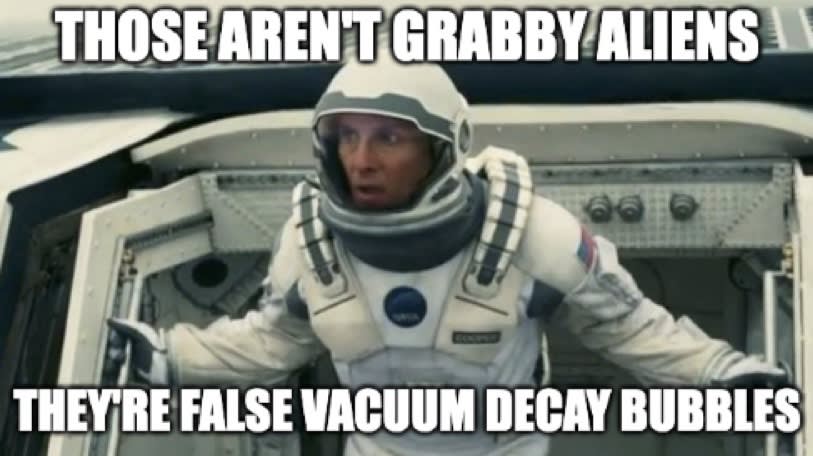Project basics
I’ve been funded by the Future Fund Regranting Program to start a series of magazine-style profiles of people doing interesting EA work, called “Humans of Effective Altruism.”
The idea is to write these for an audience of both EAs and non-EAs, with the idea of giving people tangible examples of interesting and effective career paths and/or life paths.
I’d like to get into the nitty-gritty of what people do day to day, and also dig into who they are as people, ‘what makes them tick’.
I’ll be publishing them on this Substack. I anticipate most interviews will be done remotely, but if someone is in NYC, where I am, I’d somewhat prefer an in-person meeting, to give the profile color.
I’m now looking for recommendations for who to write about.
You can use this Google form, comment on this post, DM me, or email me at humansofea@gmail.com.
Please err on the side of suggesting anyone you think would make an interesting profile subject! It’s better for me to have more people to consider, and probably at least some people suggested/recommended won’t want to be profiled, so I’d love to have a very long list of options.
That said, I basically have 3 criteria:
3 criteria
- They are doing high-impact activities (probably their job, but not necessarily). One motivation for this project is to give people considering life-options tangible examples of net-positive things to do.
- MOST IMPORTANTLY, they have an especially interesting personal story, especially if it relates to how they think about their work, or they’re just an especially interesting person.
- And, obviously, they must be open to being profiled, and are willing to get at least a little personal.
I’m also open to the idea of a profile of more than one person (a collective, a charity, a purpose-driven group house), but I don’t expect these to be the majority of the profiles.
Self-recommendations A-okay.
Thanks in advance.
Further details about process
- I’d prefer to have a preliminary chat without committing to writing up a full profile
- Different profiles may take on different shapes. Some may be long, some short. Some may involve multiple interviews, some just one. Because of this, it’s possible (though maybe somewhat unlikely) that a ‘preliminary chat’ could be the entire process, which get processed into a short profile.
Further details about how I'm thinking about the project
- Basically, prioritizing an interesting story is a bid to attract the attention of a wider, non-EA audience
- Slight preference for profile subjects for whom there’s something the reader could do when they finish reading, a specific action they could take if they were inspired by this person, to help their specific cause, over and above ‘get [more] into EA’
- Preference for someone who represents an idea, and/or whose story illustrates a broader point
Recommend someone
Subscribe / Follow
Subscribe to the Substack here to get the first profile in your inbox.
Follow on Twitter, Instagram, and Facebook


You’ve probably already seen it but linking it just in case: the Future Perfect 50
https://www.vox.com/future-perfect/23399287/future-perfect-50-change-agents#package-toc
This is helpful, thanks!